The neurological disease can make it hard for individuals to take care of themselves
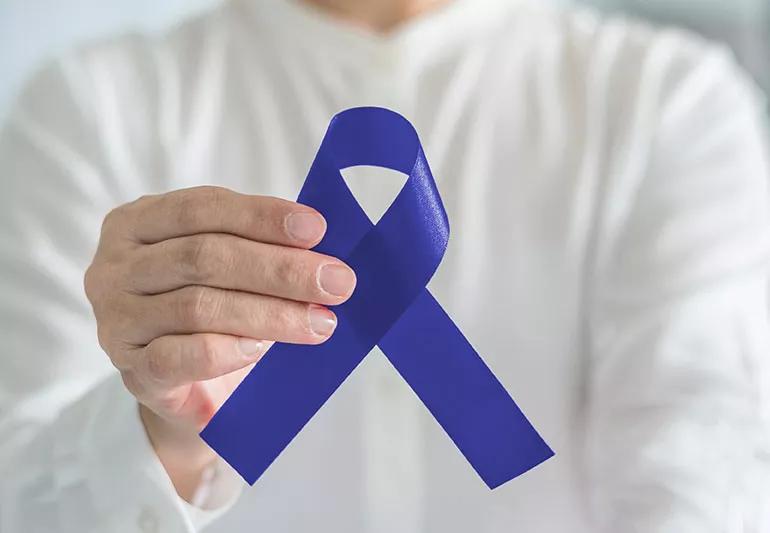
A family member has just been diagnosed with Huntington’s disease. And you’re the primary caregiver. It can be an overwhelming time full of changes and transitions for both you as the caregiver and for the person diagnosed with Huntington’s disease.
Advertisement
Cleveland Clinic is a non-profit academic medical center. Advertising on our site helps support our mission. We do not endorse non-Cleveland Clinic products or services. Policy
The genetic disease, which attacks your brain and can cause unsteady and uncontrollable movements in your hands, feet and face, can make simple, everyday tasks difficult. Huntington’s disease will make it harder for individuals to move about their homes with ease and without supervision, too.
So, what changes do you need to make and how can you make sure you’re taking care of your loved one in the best way?
Occupational therapist Aaron Nicka, OT, talks about how to navigate this new situation, what to consider and how to make sure you also take care of yourself as the caregiver.
Being the primary caregiver for anyone with a disability or medical condition can be a huge undertaking. You need to consider their emotional, physical and social needs.
With Huntington’s disease, there are three different stages of the disease — early, middle and end stages — all of which come with different symptoms and care needs.
It’s important to remember that at times, your loved one won’t be able to control their thoughts and actions. So, it’s important to have patience and understanding.
“Make sure you as the caregiver recognize that some of the things that they’re doing aren’t out of malice. It’s because of their condition,” says Nicka. “It’s on par with someone who has a memory impairment.”
Advertisement
Nicka also stresses the importance of using language that makes your loved one with Huntington's disease feel seen and respected.
“Use ‘we,’ for example. We need to wash your hands. We need to make dinner,” says Nicka. “It just makes it feel less directive and not like you’re nagging.”
Having a team of medical professionals around you and your loved one can prove to be beneficial in a lot of different ways.
In addition to a neurologist, you might want to consider enlisting a physical therapist or occupational therapist. A speech therapist can also be helpful.
For more support and guidance, caretakers can use organizations like the Huntington’s Disease Society of America as a resource.
As the caregiver, you may also need to consider becoming a power of attorney or possible guardian, so you have access to your loved one’s medical records and care plans. You may also want to talk about advance directives with your loved one.
A social worker can help your family navigate complex medical issues and legal documents.
Depending on what stage someone’s Huntington’s disease is in, the care and needs of that individual may change over time. Here’s a look at what a person may experience and need at each stage.
The daily needs of a person living with Huntington’s disease changes over time.
During the first stage, they might need help adjusting to their new normal. This can include talking about their fears and concerns.
As the disease progresses, they’ll need help with daily tasks like going to appointments, taking their medications and making meals.
“As a caregiver, you need to make sure that they’re able to get the help they need,” says Nicka.
Advertisement
People with Huntington’s disease are more at risk for falls and other accidents. As the caregiver, you should do an assessment of their living space and identify any potential hazards.
Here are some general safety precautions:
You may be able to work with your loved one on how to manage their own care, depending on the stage of their condition.
Creating a daily checklist can be helpful. Consider adding these tasks to it:
As the caregiver, it’s important to keep an eye on how your loved one responds to everyday tasks and how much help or assistance they need.
During the early and middle stages, moderate support is needed. But as the disease progresses, their needs will become greater.
Advertisement
If your loved one can’t live on their own or take care of themselves, then you’ll need to decide whether to support them with in-home care or whether full-time care at a healthcare facility is necessary.
“People can stay at home in the end stage, but they will need a lot more support from family because it’s quite a bit to be asked of one care provider,” says Nicka.
It can be scary to receive a Huntington’s disease diagnosis. In addition to physical changes, an individual may also experience emotional changes as they come to terms with their diagnosis and how it’ll change their life.
Your loved one may need to talk to a psychiatrist or psychologist about the emotional changes they’re feeling. They may experience impulse control issues, mood swings, irritability and depression.
“Talking to a professional can help navigate the changes they’re experiencing,” says Nicka.
With the time and care you put into looking after your loved one, you also need to make sure to take care of yourself.
“It doesn’t matter if it’s a licensed and trained therapist, a pastor or a good friend, just make sure that you have some form of an outlet or even the space to vent and express yourself,” says Nicka. “That’s helpful to maintain that level of care that someone with Huntington’s disease needs.”
Advertisement
“Taking care of your own well-being is just as important as brushing your teeth and washing your hands,” says Nicka.
Here are a few ways to make self-care a priority:
“Caregivers tend to have this mentality of taking care of the other person first and foremost, and anything that the caregiver needs is going to come second,” says Nicka. “But just like in an airplane, you got to make sure that you put your mask on first before you help someone.”
Learn more about our editorial process.
Advertisement
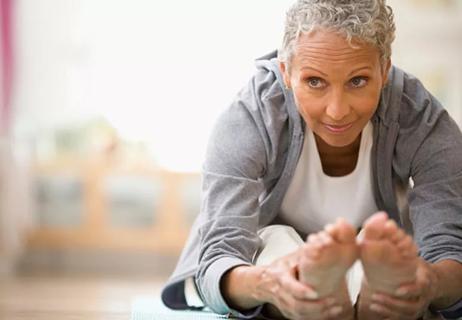
Aerobic exercise paired with resistance training is good, but an individualized plan is best
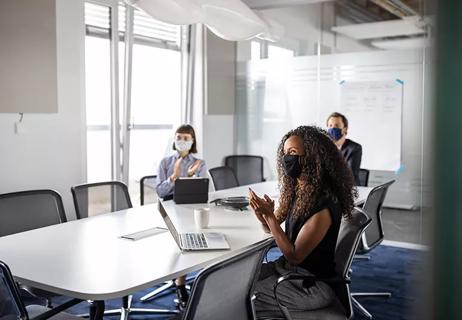
Here’s what to know about employment when living with this condition
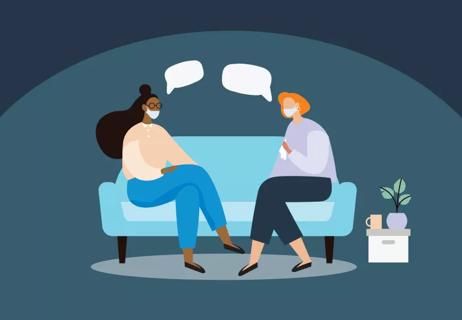
Share your diagnosis with an inner circle of family and friends you can rely on

Ways to take care of your mental and physical health
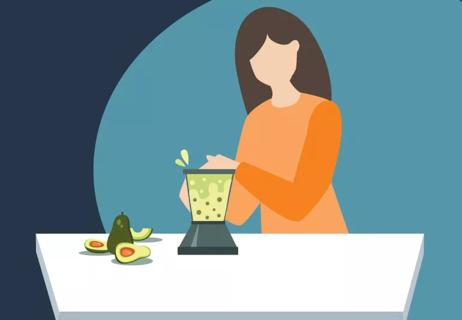
An expert outlines everything you need to know

Calling 911 or emergency services should always be your first step

Getting close to their care team, investing in accessibility and implementing safe sleeping practices are just a few ways to support your child’s growth and development

Your child’s care team, nonprofit organizations, patient groups and more are here to support you

The tropical fruit is a good source of antioxidants and vitamin C

Most people fall asleep within 10 to 20 minutes, but if your experience is different, adjusting your sleep schedule may help

Exploring your hidden side can lead to better understanding of what makes you tick